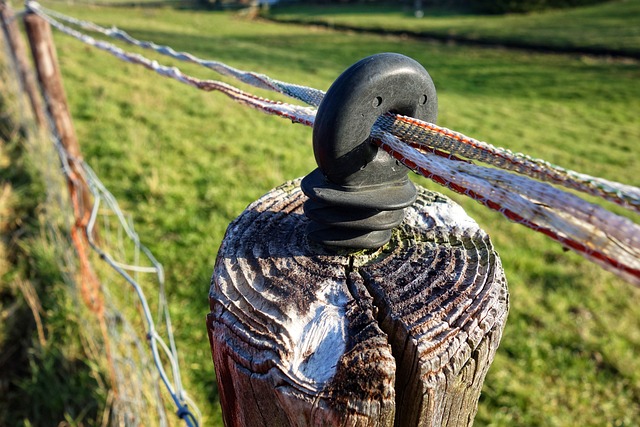Electric Fencing

Different types of horse paddock fencing
January 24, 2023
What size paddock is right for my horse?
January 24, 2023Electric fencing is a popular option for enclosing horse paddocks and pastures. There are several pros and cons to consider when deciding whether electric fencing is right for your horse.
Pros:
- Cost: Electric fencing is generally less expensive than traditional fencing options, such as wood or vinyl.
- Maintenance: Electric fencing requires less maintenance than traditional fencing, as there are no boards to rot or paint.
- Visibility: Electric fencing is often more visible than traditional fencing, which can help prevent horses from running into it and getting injured.
- Flexibility: Electric fencing is easy to install and can be moved or taken down as needed.
Cons:
- Safety: There is a risk of electric shock with electric fencing, and it is important to follow proper safety guidelines when installing and maintaining the fence.
- Reliability: Electric fencing relies on electricity, which means it may not work in the event of a power outage. It is important to have a backup plan in place in case the fence goes down.
- Effectiveness: Some horses may not be deterred by electric fencing and may try to go over or through it. It is important to train your horse to respect the fence and follow proper pasture management techniques to prevent overgrazing.
Overall, electric fencing can be a cost-effective and low-maintenance option for enclosing horse paddocks and pastures. However, it is important to carefully consider the pros and cons and to follow proper safety guidelines when using this type of fencing.




